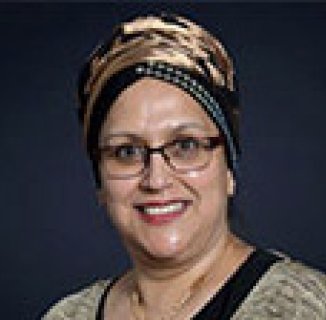It is undisputed that birth to three are foundational years during which the youngest in our society experience extraordinary growth that contributes toward their development and learning. High-quality programs direct efforts at building caring relationships, providing nurturing environments, and working in partnerships with families and communities. Developing responsive programs and equitable practices, however, is not straightforward. Contestations have been brought to the fore by dissenting voices to mainstream narratives that privilege certain ways of knowing young children, their primary caregivers, and practice with, for, and about them (Burman, 2008; Cannella, 1997; Nsameneng 2008; Okwany & Ebrahim, 2016; Viruru, 2001). In light of this, it is critical to ask: How has the dominant knowledge base for birth to three side-lined a focus on context? What does a case study of Africa suggest about contextual issues related to birth to three? How might we proceed for more affirming birth to three practices in a global and diverse world?
Read the Full Essay
 Hasina Banu Ebrahim (PhD) is a professor in early childhood education at the University of South Africa. She is also the UNESCO Co-chair in Early Care, Development and Education. She is leading a European Union–funded project on professionalisation of early childhood education for birth to 4 in South Africa. Her research interests include early childhood policy, practice, and workforce development with special reference to issues of marginality from Global South perspectives.
Hasina Banu Ebrahim (PhD) is a professor in early childhood education at the University of South Africa. She is also the UNESCO Co-chair in Early Care, Development and Education. She is leading a European Union–funded project on professionalisation of early childhood education for birth to 4 in South Africa. Her research interests include early childhood policy, practice, and workforce development with special reference to issues of marginality from Global South perspectives.